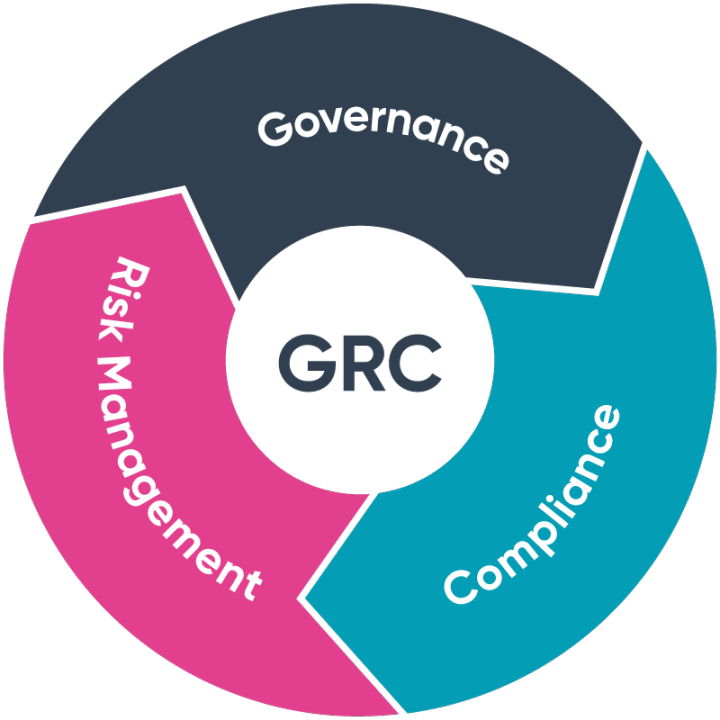This time of year, the air not only gets chillier but a bit cheerier for everyone … including online scammers. Holiday scams are a quick way to make a buck, and cybercriminals employ several holiday-themed schemes to weasel money and personally identifiable information (PII) from gift givers.
Here are three common holiday scams to watch out for this year, plus a few tips to help you stay safe online.
1. Gift Card Cracking
Gift cards are a standby present for the people on your list who are difficult to buy for or for people you don’t know too well but want to get them a small something. Whether the gift card is worth $5 or $500, an online scammer can steal the entire value through two techniques: a brute force attack or phishing. Known as gift card cracking, cybercriminals can take wild guesses at gift card codes and cash in the value for themselves by methodically guessing strings of numbers and letters and crossing their fingers for a match. Cybercriminals will also employ phishing emails, texts or social media direct messages to trick people into divulging gift card information.
To avoid gift card cracking, encourage gift receivers to redeem their gift card quickly to shorten the amount of time a scammer has to guess the code correctly. Or, you could opt for a paper gift certificate from a small business that doesn’t require online redeeming at all. To avoid gift card phishing scams, do not engage with any type of correspondence that claims they can double the value of your gift card or claims that there’s a problem with it. Be instantly on alert if anyone asks for the activation code. If the gift card-issuing business really needs to replace your purchase, they’ll issue you a new code. They’ll never ask for your existing one.
2. Last-minute Shopping Scams
Are you a procrastinator? Watch out for last-minute shopping scams that are targeted at people who leave their gift buying until deep in December. As with anything else, if it’s too good to be true, it probably is. Shopping scams often take the form of phishing emails where criminals impersonate a well-known merchant or shipping company.
While sales often have a quick timeline, don’t let that short timeline pressure you into making an impulsive decision. Phishers rely on people’s excitement or inattention to trick them into giving up their credit card or banking information. Phishing emails, when you take the time to inspect them, are usually easy to spot. The logos are often blurry, there are often typos and grammar mistakes, and the tone of the message will seem “off.” Either it will sound very formal and impersonalized or it will sound very informal and seem pushy.
To protect your finances during the holiday season, consider putting a lock on your credit. This is easy to do with McAfee credit lock. You can still use your credit card and shop as you normally would. A credit lock is useful because, in case a criminal gets ahold of your PII, they won’t be able to open lines of credit in your name. This protects your credit score, which is essential to keep in good standing if you hope to buy a house or take out a loan anytime soon.
3. Social Media Ads and Fake Shopping Sites
Just because a “company” has an ad on Facebook or Instagram doesn’t mean that it’s a legitimate establishment. Before buying from an online store you’ve never heard of, do some background research on it and read customer reviews to make sure that it’s real and will deliver you a quality product.
Take note of the online store’s URL before entering it. (You can preview the link by hovering over it with your cursor.) If the URL is a string of letters and numbers, it could be a malware site in disguise. One way to alert you to suspicious sites is McAfee Web Protection. Web Protection color codes links to identify potential malware and phishing sites and alert you to steer clear.
Shop Safely This Holiday Season
Your mind is already drawn in a bunch of different directions this holiday season (cooking, traveling, shopping, wrapping, tidying) so give yourself a respite from worrying about the safety of your identity and finances. McAfee+ Ultimate includes a VPN, Web Protection, credit lock, antivirus and more to cover all your bases to keep your devices and your PII safe.
The post ‘Tis the Season for Holiday Scams appeared first on McAfee Blog.




